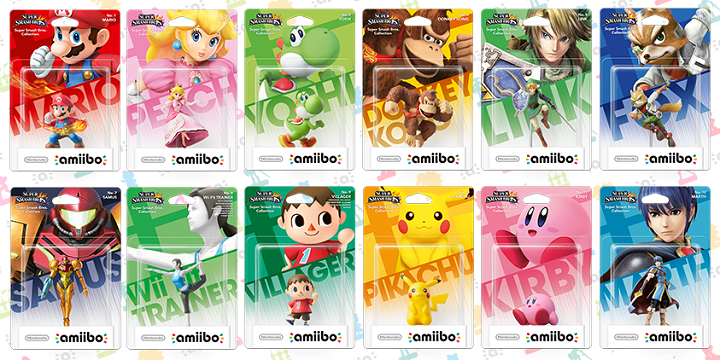DLC and Microtransactions: Things Gamers Hate the Most
Just recently, the gaming company Activision was criticised when they were granted a patent of theirs filed from 2015. Nothing wrong with being granted a patent, but the patent reveals plans for an algorithm that matches their online gamers in a match where they’re severely disadvantaged. According to the patent, their would-be opponents are players who obtained advantage against their opponents because of equipment or content they have purchased with real-life money. The patent argues that this will influence the disadvantaged player to spend money on microtransactions to purchase items that can give him the same advantage as that of his opponent.
Another similar news in the gaming world is about gamers, or more precisely, gamers from the UK have launched a petition against what is called “loot boxes.” These loot boxes are purchased through the game via microtransactions using real-world money. In the petition, gamers asked the UK government to regulate and label loot boxes as gambling. The argument was that loot boxes are bought with real money, but the content’s worth is not known until the purchaser opens the said box. The value of the item within the box can be mostly worthless or something more valuable than what the player originally paid for. Adding that the business model is very addictive, they argued that loot box is essentially gambling.
“Currently only China has introduced new laws to force companies to display the odds of winning which had been standard in the UK gambling industry for years,” the petition says. Japan also had a similar law that’s applied to a similar business model found in Japanese online mobile games that, instead of opening loot boxes, players are to roll a “gacha,” which is essentially a lottery. Currently, the petition has received 10k signatures, which is the minimum requirement for the people to receive an official response from the UK government.
The Things Gamers Hate

Fire Emblem Heroes, a ‘gacha’ mobile game, displaying the ‘rates’ of obtainable characters that can be drawn from the lottery. (Image Source: youtube)
Microtransactions and in-game gambling, along with what’s known as “downloadable content” or DLC, forms the “trinity” of things gamers hate about the modern gaming industry. Gamers feel that they’re being completely ripped off by companies like EA and Activision just so they can experience all the relevant content the game has to offer.
With DLC, gamers are convinced that game companies are actively withholding game content that should have been included in the main game so that they can get more profit from gamers at a later date. Microtransactions cause these gaming companies to be greedier by creating content for games that might even affect the playability of the said game and sell them without ever giving it a second thought. In-game gambling, like loot boxes, promotes gambling addiction, as well as giving companies an excuse to sell something worthless to the players of the game by blaming their bad luck. And like mentioned above, people generally don’t know how much are their chance to get the content they wanted, which feeds to the gambling addiction more.
Now while gamers hate these in general, it doesn’t mean that gamers hate all of it. DLC and microtransactions are one of the sources of profit for game companies and for that to happen, people must be buying them. And not all content being sold are viewed as something that’s supposed to be “part of the main game,” especially for mobile games, which are usually free-to-play. And even though gamers complain about DLC, especially in console games, no one is actually certain if contents sold as DLC were actually meant to be part of the main game or were created after the main game in mind.
And finally, DLC and microtransactions allow game companies to give games a longer life. Unlike before, where once a game ends, that’s it, now companies can continue churning out content for their games while also keeps developers busy as they wait for the next game project.
Conclusion
Some gamers have conceded the fact that DLC and microtransactions are here to stay and does support a few of them. But we won’t see gamers stop hating on DLC and microtransactions in general anytime soon. Their concern about these is definitely something not to ignore, especially when it comes to in-game gambling. As a rule, gamers follow the “if they don’t like it, they don’t buy it” mentality, but that doesn’t always work, especially against the gambling addiction.

